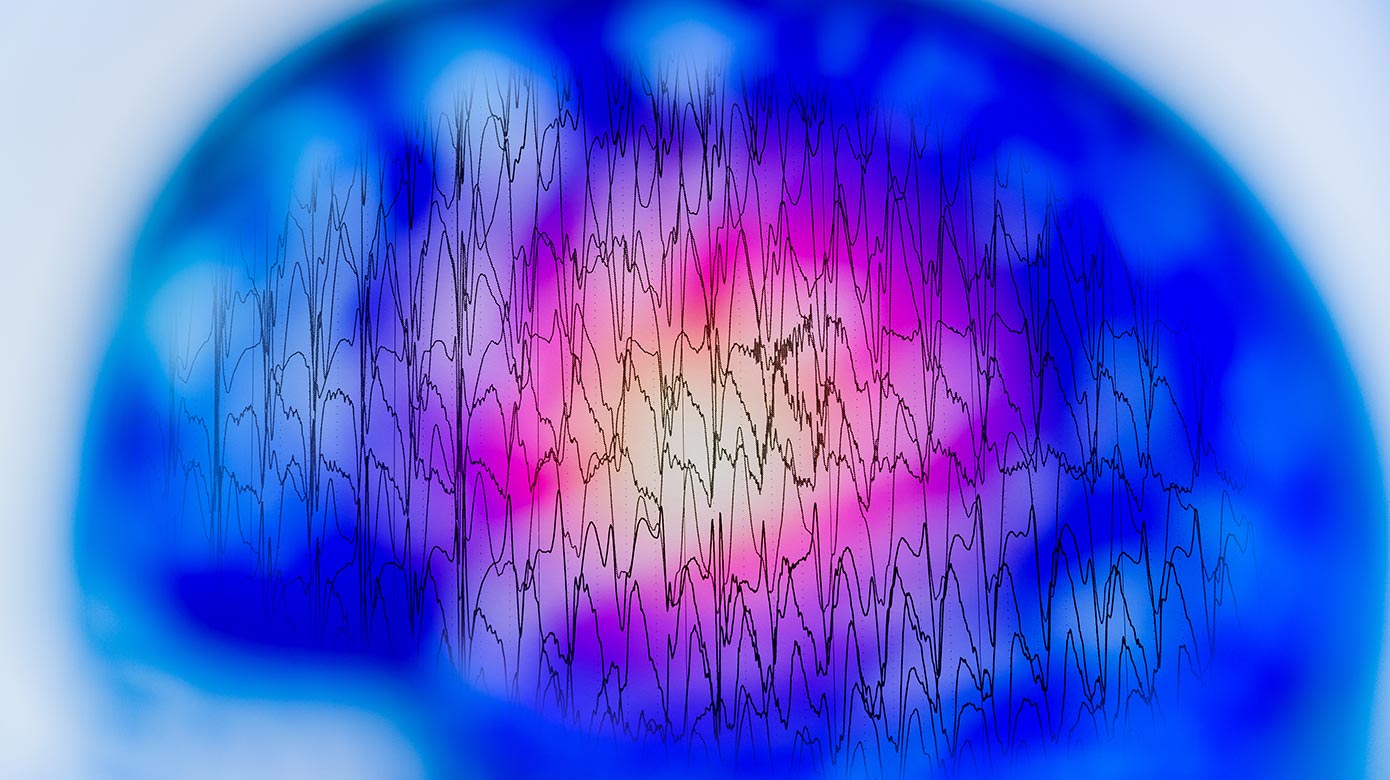Epilepsy Research

Epilepsy, a group of disorders that cause disturbances in electrical signaling in the brain, affects 1% of the pediatric population. Nearly 8% of all children will experience a seizure before their 16th birthday. The lifetime risk of experiencing epilepsy is one in 27. Epilepsy has far reaching consequences on brain structure and function, as well as significant morbidity and mortality. The epilepsy program at Children’s National Hospital plays a leading national and international role in the evaluation, care, and investigation of children with epilepsy through the Children's Pediatric Epilepsy Program (CPEP).
Our Research Program
The Comprehensive Pediatric Epilepsy Program (CPEP), under the direction of William Davis Gaillard, M.D., is one of the largest multidisciplinary epilepsy programs in the country. CPEP provides clinical care and conducts research into the origins, impact and treatment of epilepsy in children.
Children's National counts more than 12,000 patient-related epilepsy visits annually and maintains the nation's largest database of children with new onset seizures. CPEP is an innovative, multidisciplinary clinical and research program that evaluates and cares for children from the onset of seizures all the way to novel therapeutic interventions and epilepsy surgery. CPEP serves as a regional and national resource for epilepsy evaluation and care.
In the last decade, researchers around the world have advanced their understanding of how epilepsy affects brain structure and brain function. Much of this progress is due to revolutionary advances in imaging technology. These advances have demonstrated that some types of epilepsy cause progressive brain injury. Technology has led to great advances in understanding the developmental, molecular and physiological mechanisms underlying epilepsy.
The Comprehensive Pediatric Epilepsy Program actively researches:
- Neonatal seizures and neuroprotection
- Improving access to care and improved outcomes
- Development of coping and socialization skills in children with epilepsy
- Identification and evaluation of recent onset epilepsy
- Mood and anxiety disorders in epilepsy populations
- Neurotransmitter diseases and mechanisms of epileptogenesis
- Neuroimaging of seizure disorders
